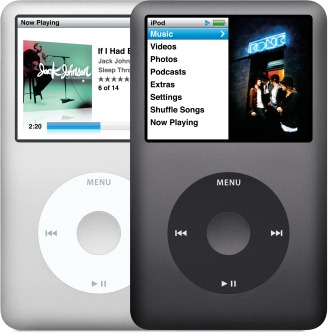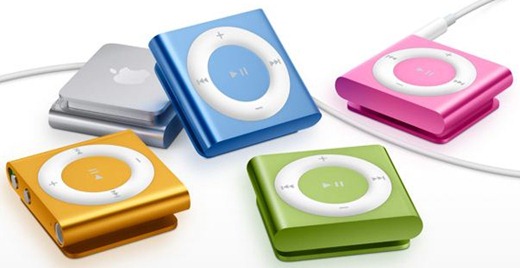If multiple reports are to be believed, Apple could be set to wield the axe on two of its best selling pieces of hardware, and one of them has been around for a good 10 years.
A report from TUAW, and citing an as-always anonymous tipster, claims that Apple is set to discontinue two members of its iPod lineup, with the iPod Classic and iPod Shuffle getting the chop.

Both decisions could arguable be a surprise. The iPod Classic, for example, has been a sales stalwart for the Cupertino firm, and bears a huge resemblance to the original iPod – an iPod which many would say heralded a new era for Apple.
The classic is also the only surviving iPod to continue to use a mechanical hard disk, whereas the rest of the lineup sports the lower capacity, but much more durable solid state storage. This has the added advantage of being a storage solution that Apple is one of the biggest users of on the planet, meaning they get the chips for peanuts. Lower costs inevitably equal higher profits.
Apple’s iPod Shuffle on the other hand, never really took off other than a cult following amongst the fitness fanatics. Featuring no screen and only a couple of buttons, the shuffle was designed to be as lightweight and unobtrusive as possible, and few would argue that it didn’t pull it off. But in an age where we are all so accustomed to poking our devices with our fingers, and having beautiful full color screens to gaze at, can the shuffle really compete? Apple’s iPod nano isn’t a great deal larger, and sports a touch-screen to boot.

If Apple did do away with both iPods, that would leave them with an entirely touch-enabled product range, something which we’re sure would appeal to the company. CNET’s sales figures also point to a lack of demand for both the iPod Shuffle and Classic.
Whether such a move would appeal to customers, though, we’ll have to wait and see.
You can follow us on Twitter or join our Facebook fanpage to keep yourself updated on all the latest from Microsoft, Google and Apple.

